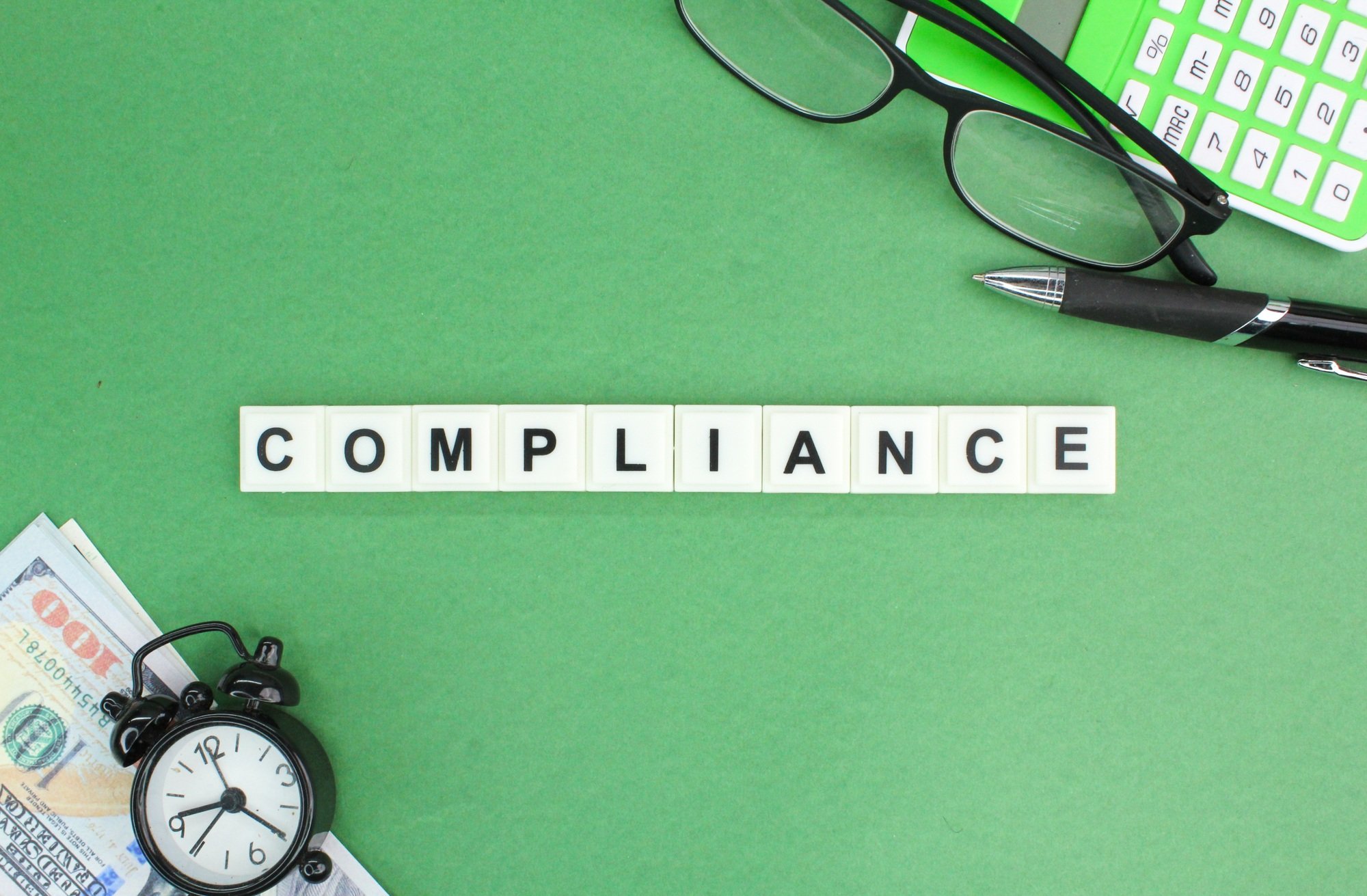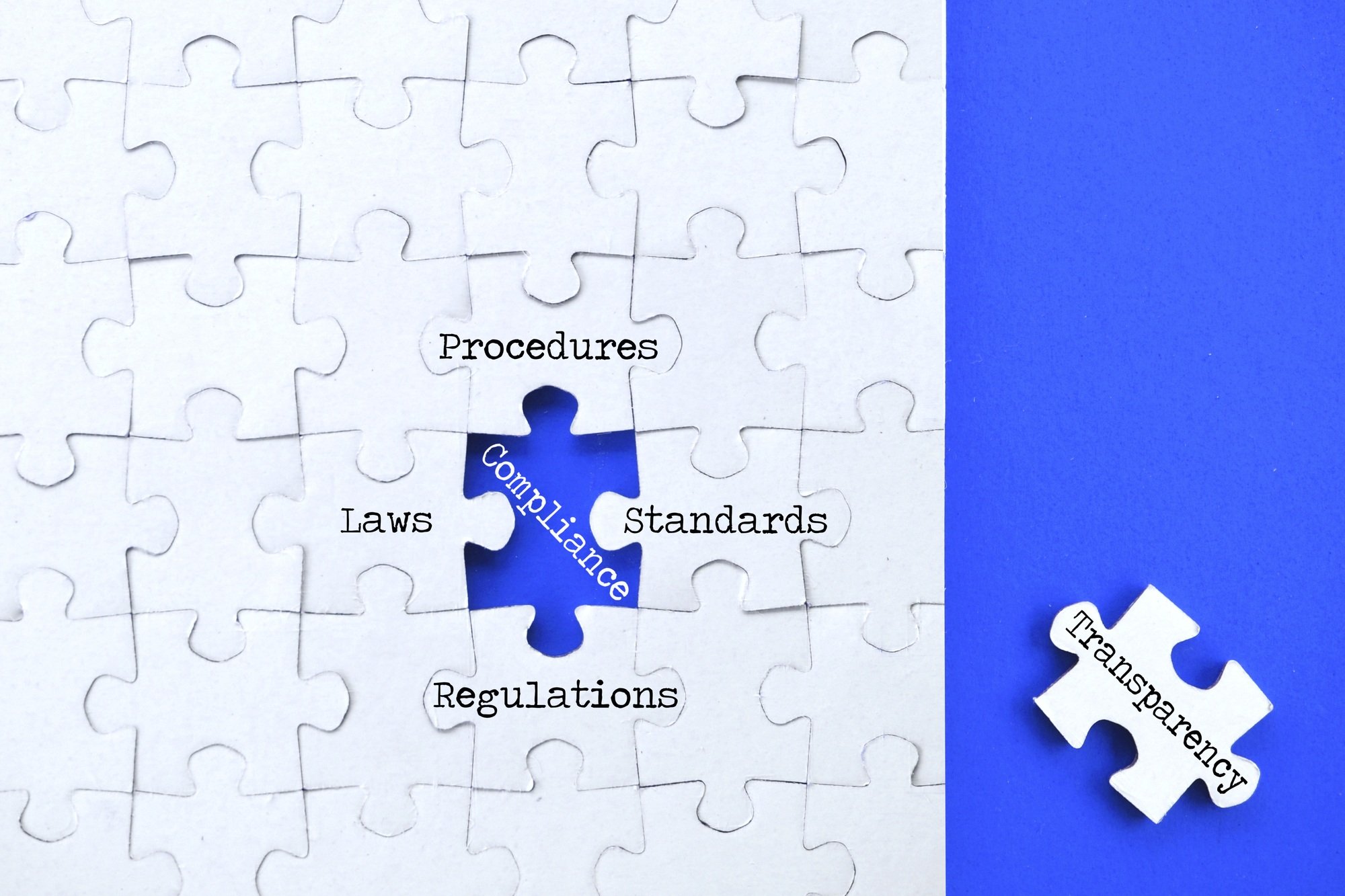Key Takeaways

- Understanding PCI Compliance: PCI compliance is essential for businesses handling credit card transactions, focusing on protecting sensitive payment information to prevent data breaches and fraud.
- Key Requirements: The PCI Data Security Standard (DSS) includes critical requirements such as secure network maintenance, strong access controls, and regular monitoring of security systems.
- Importance of Customer Trust: Achieving PCI compliance builds credibility and trust with customers, increasing their confidence in your brand and promoting long-term business success.
- Ongoing Commitment: Maintaining PCI compliance is an ongoing process that involves regular assessments, employee training, and timely updates to security measures to adapt to evolving threats.
- Common Challenges: Small businesses often face hurdles such as limited resources, understanding complex requirements, and the need for effective employee training to achieve and maintain compliance.
If you handle credit card transactions, understanding PCI compliance is crucial for your business. PCI, or Payment Card Industry, compliance refers to a set of security standards designed to protect sensitive payment information. These standards help ensure that your customers’ data remains safe from breaches and fraud, which can have devastating consequences.
Navigating the world of PCI compliance might seem daunting, but it’s essential for building trust with your customers. By adhering to these standards, you not only safeguard your business but also enhance your reputation in the marketplace. Let’s dive into what PCI compliance entails and why it matters for your operations.
Understanding PCI Compliance

PCI compliance consists of a set of security standards designed to protect sensitive payment information for businesses, especially small businesses that process credit card transactions. Compliance with these standards helps safeguard against data breaches and fraud, ensuring that your customers’ information remains secure.
PCI compliance involves several requirements, including maintaining a secure network, implementing strong access control measures, regularly monitoring and testing networks, and maintaining an information security policy. Each requirement focuses on specific aspects of your business operations, ensuring that technology and processes are in place to protect cardholder data.
Understanding PCI compliance requirements is crucial for small businesses. Non-compliance can lead to significant financial penalties, increased risk of data breaches, and damage to your reputation. By prioritizing PCI compliance, you enhance your business’s credibility and customer trust, leading to a more secure transaction environment.
Monitoring updates to the PCI standards is also essential. The PCI Security Standards Council regularly revises its guidelines to address evolving threats in the tech landscape. Staying informed helps you adapt your security measures, keeping your business compliant and your customers’ data safe.
Importance of PCI Compliance

Understanding PCI compliance is crucial for any small business handling credit card transactions. It safeguards sensitive payment information and helps prevent data breaches and fraud.
Protecting Customer Data
PCI compliance directly affects how you protect customer data. By following the PCI Data Security Standard (DSS), you secure cardholder information through measures such as encryption and secure network management. Implementing these standards reduces the risk of cyberattacks and data compromises, which can have devastating financial consequences for your business. Protecting customer data helps build a secure environment that minimizes potential risks when dealing with tech and payment processing.
Building Trust with Customers
Establishing PCI compliance demonstrates a commitment to customer security, fostering trust in your brand. Customers are more likely to engage with your business if they know their payment details are secure. With a solid reputation for safety, your small business can attract and retain customers, driving long-term success in a competitive market. Proactively managing compliance helps enhance your brand image, positioning your business as a trustworthy choice in the industry.
Key Components of PCI Compliance

Understanding the key components of PCI compliance is essential for small businesses managing credit card transactions. PCI compliance involves adhering to specific security standards that protect sensitive payment information and help prevent fraud.
Payment Card Industry (PCI) Standards
PCI standards establish a framework for security practices across various industries. These standards apply to any business processing, storing, or transmitting credit card data, including small businesses. The Payment Card Industry Security Standards Council (PCI SSC) manages and updates these standards to address emerging threats. By following PCI standards, your business can enhance its payment security and build customer trust.
The PCI DSS Requirements
The PCI Data Security Standard (DSS) specifies requirements for maintaining a secure environment. Key requirements include:
- Build and Maintain a Secure Network: Implement firewalls to protect cardholder data, and utilize secure configurations for all systems.
- Protect Cardholder Data: Encrypt sensitive credit card information both in transit and at rest.
- Maintain a Vulnerability Management Program: Regularly update and patch systems to protect against known vulnerabilities.
- Implement Strong Access Control Measures: Limit access to credit card data based on business needs and assign unique IDs to individuals requiring access.
- Monitor and Test Networks: Conduct regular testing of security systems and processes, including vulnerability scans and penetration testing.
- Maintain an Information Security Policy: Develop and maintain a comprehensive policy that addresses the security of cardholder data and employee training.
For your small business, adhering to these requirements is crucial to minimizing risk and enhancing customer confidence in your tech capabilities and security measures.
Steps to Achieve PCI Compliance

Achieving PCI compliance involves several critical steps to ensure the security of cardholder data. By following these steps, small businesses can protect themselves from data breaches and foster customer trust.
Assessing Current Security Measures
Evaluate your existing security infrastructure against PCI DSS requirements. Identify any gaps in your security measures that could expose cardholder data. Document processes, systems, and personnel involved in handling payment information. Conduct an inventory of network devices, software, and servers, and review network diagrams to ensure clarity in segmentation, which can help limit exposure to risk.
Implementing Required Security Measures
Implement required security measures based on your assessment. This includes building and maintaining a secure network, protecting cardholder data through encryption, and establishing robust access control measures. Use up-to-date technology to enhance security features, ensuring features like firewalls and anti-virus software are present and actively monitored. Regularly update and patch systems to address vulnerabilities effectively.
Maintaining Compliance
Maintaining PCI compliance requires ongoing effort. Regularly monitor and test your networks for security vulnerabilities. Update your policies to reflect changes in technology and threats. Engage in employee training to ensure everyone understands the importance of security practices. Schedule periodic assessments to stay compliant with any revisions made by the PCI Security Standards Council. Continuous commitment to these practices safeguards your business and its customers.
Common Challenges in Achieving Compliance
Achieving PCI compliance presents several challenges for small businesses. You might encounter the following common issues:
- Limited Resources: Many small businesses struggle with allocating the necessary budget for compliance efforts. Compliance often requires investing in technology, security tools, and team training.
- Understanding Requirements: The complexity of PCI DSS can overwhelm small business owners. You might find it difficult to navigate the 12 requirements and six control objectives, leading to confusion about necessary actions.
- Maintaining Security Posture: Keeping up with evolving technology poses challenges. As new threats emerge, you need to continuously update security measures and maintain a vulnerability management program.
- Employee Training: Training staff on security protocols is vital. Small business teams may lack adequate knowledge about PCI compliance, making it essential to establish ongoing training sessions that address PCI requirements.
- Time Constraints: You’ve got limited time to dedicate to compliance amidst daily operations. Balancing compliance responsibilities with running your business can become overwhelming.
- Documentation: Keeping thorough records to demonstrate compliance is necessary but often neglected. You must ensure that all security measures and policies are documented properly to avoid pitfalls during assessments.
- Monitoring Networks: Regularly testing and monitoring networks is crucial. Many small businesses might not have the tech expertise to implement effective monitoring tools or protocols.
By proactively addressing these challenges, you can strengthen your PCI compliance initiatives.
Conclusion
Achieving PCI compliance isn’t just a regulatory requirement; it’s a commitment to safeguarding your customers’ sensitive information. By following the PCI Data Security Standard and implementing robust security measures, you can significantly reduce the risk of data breaches and fraud.
Staying informed about updates to PCI standards ensures your business adapts to new threats and maintains a strong security posture. Remember that compliance not only protects your business but also builds trust with your customers. Prioritizing these practices positions you favorably in a competitive market and fosters long-term relationships with your clients.
Frequently Asked Questions
What is PCI compliance?
PCI compliance refers to a set of security standards designed to protect credit card information during transactions. It is essential for businesses that handle payment data, helping to prevent data breaches and fraud.
Why is PCI compliance important for businesses?
PCI compliance is vital as it protects sensitive customer data, builds trust, lowers the risk of breaches, and enhances a business’s reputation. Non-compliance can lead to financial penalties and reputational damage.
What are the main requirements for PCI compliance?
Key requirements include maintaining a secure network, implementing strong access controls, regularly testing and monitoring networks, and establishing a robust information security policy.
How can small businesses achieve PCI compliance?
Small businesses can achieve PCI compliance by assessing current security measures, implementing required standards like encryption, conducting employee training, and continuously monitoring and updating security practices.
What challenges do small businesses face with PCI compliance?
Common challenges include limited resources, complexity in understanding requirements, time constraints, and a lack of technical expertise for effective network monitoring and security management.
How does PCI compliance impact customer trust?
By adhering to PCI compliance, businesses demonstrate their commitment to protecting customer data, which fosters trust. Customers are more likely to engage with businesses that prioritize their security.
Why should businesses stay updated with PCI standards?
Staying updated with PCI standards ensures that businesses can adapt their security measures to protect customer data effectively, maintain ongoing compliance, and respond to evolving security threats.
What is the PCI Data Security Standard (DSS)?
The PCI Data Security Standard (DSS) is a set of security requirements established to ensure that all companies that accept, process, or store credit card information maintain a secure environment.
Image Via Envato



